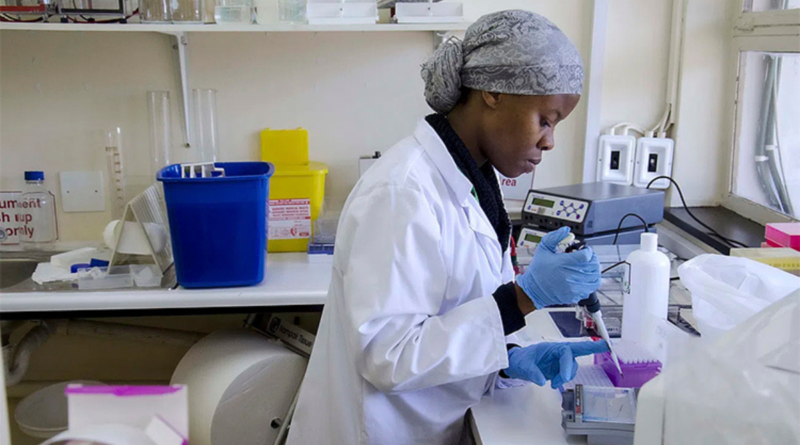Deadly Mpox Outbreak in Congo, Raising Global Concern
Mpox Outbreak in Congo: Several cases of a more lethal strain of the disease, mpox (previously known as monkeypox), have been identified in the Democratic Republic of Congo (DRC) prompting the Centers for Disease Control and Prevention (CDC) to release a global alert concerning it.
The number of cases reported so far is quite alarming; about 400 suspect cases are being reported every week, majorly among young children. The virus circulating in DRC is highly fatal with almost ten percent mortality rate.
Furthermore, the new behavior shown by the pathogen includes sexual transmission and evasion from diagnostic tools which make it even more critical and complicated for global health response.
Mutation of Virus Strains and Transmission
Comparing it to previous strains, genetic analysis reveals that virus samples from the DRC outbreak have mutated significantly. These mutations tend to increase transmissibility and virulence, leading to rapid spread and high fatality rates.
Additionally, the virus is now transmitted through sex besides direct physical contact or respiratory droplets. This change in modes of spread is worrying because it might lead to wider geographic reach and more challenging containment efforts made on such an outbreak.
Children and Affected Populations
Most children have suffered from this Mpox outbreak in Congo (DRC) with many of them being part of the 400 weekly suspect cases. A mortality rate standing at nearly ten percent makes children especially susceptible to this nastier form.
Moreover, there are concerns that other vulnerable groups like older adults and individuals suffering from underlying medical conditions could be at higher risk due to severe illness or death associated with this distinct epidemic wave.
Preparation for Globally Responsive Health
The CDC’s world-wide warning signalizes increased vigilance in surveillance systems across continents. Consequently global health institutions must develop diagnostics tests capable of detecting new viral strains that occur through mutation within its population during its diffusion process.
There also attempts underway for sourcing and administering effective drugs and vaccines to the affected areas in the DRC. However, given its fast mutation rate and ability to go undetected by current diagnostics, this pathogen presents a huge problem to be effectively combated in a globally responsive health environment.
Concluding remarks
The new lethal strain of Mpox outbreak in Congo (DRC) is a stark reminder that emerging infectious diseases remain an ongoing threat. The virus’s mutations, new transmission methods as well as impact on the vulnerable highlight the need for coordinated global health response.
Therefore, global public health officials have to stay alert, strengthen surveillance systems, and invest in research aimed at developing appropriate countermeasures against this evolving menace. By working together and prioritizing global health security, we can mitigate the impact of this outbreak and prevent future pandemics.
